Across the states, a handful of rules read like folklore carved into code. They weren’t drafted for laughs; they solved problems specific to a place and time. What this really means is that law becomes a map of local priorities, whether that’s protecting vistas, dairy pride, or public safety. Read closely and the oddities start to make sense. Here’s the thing: each statute carries a backstory of debates, disasters, or traditions that wouldn’t land the same anywhere else. Some guard animals and highways. Others fix pricing games at bars or draw a bright line about who pumps gas. Together, they sketch a cultural atlas.
Idaho Outlaws Cannibalism
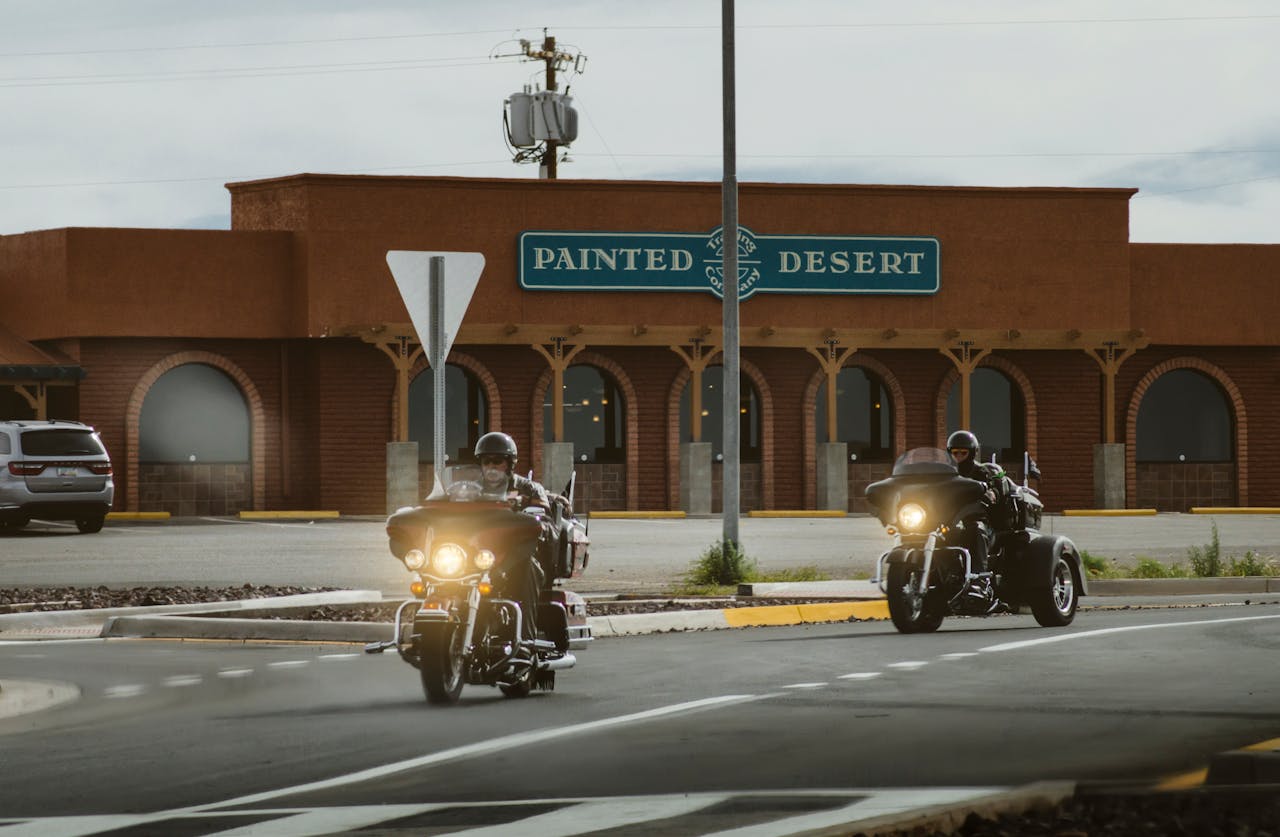
Idaho explicitly criminalizes cannibalism and sets a penalty of up to 14 years, while allowing an affirmative defense in extreme, life-threatening necessity. The code is stark, sitting in the same chapter as mayhem, and it exists precisely because lawmakers wanted no ambiguity about the boundary. Few laws are this blunt, which is why it stands out and keeps getting cited by trivia lists and law classes alike.
California’s Frog-Jumping Rule
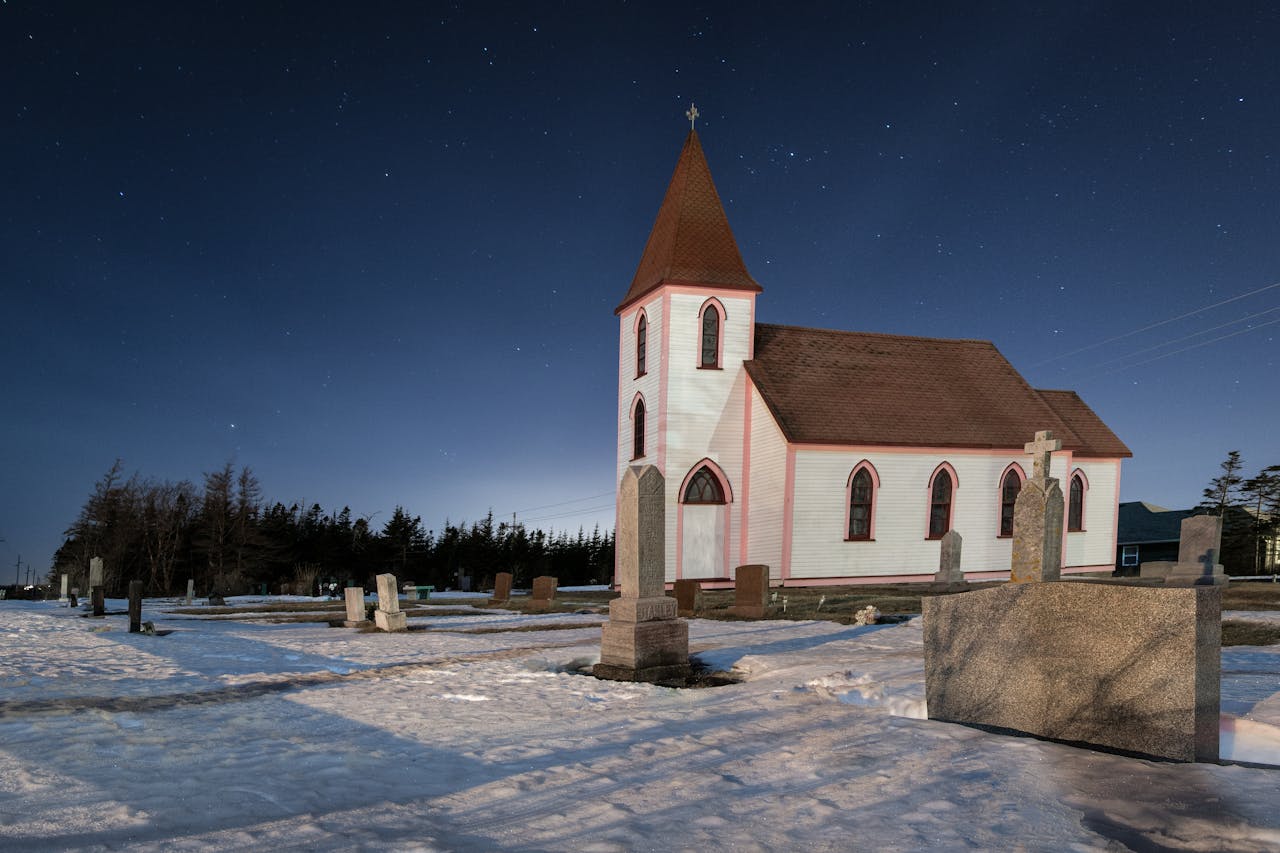
California’s fish and game code still governs old-fashioned frog-jumping contests. It permits any number of live frogs for competition, then draws a sharp line: if a frog dies, it must be destroyed and cannot be eaten or used for any purpose. It’s specific, humane by mid-century standards, and rooted in local fair culture, including the Calaveras County tradition that inspired it. Quirky on the surface, it’s clear and enforceable in print.
Wisconsin’s Margarine Restrictions

Wisconsin law bars restaurants from serving colored margarine as a butter substitute unless customers ask for it. The text is a living fragment of the butter wars, protecting dairy identity in a state that brands itself on the stuff. Attempts to relax the rule have sputtered, and guidance still reminds operators to label alternatives plainly. It reads fussy to outsiders; to locals, it preserves a culinary anchor and keeps menus honest.
Vermont’s Billboard Ban
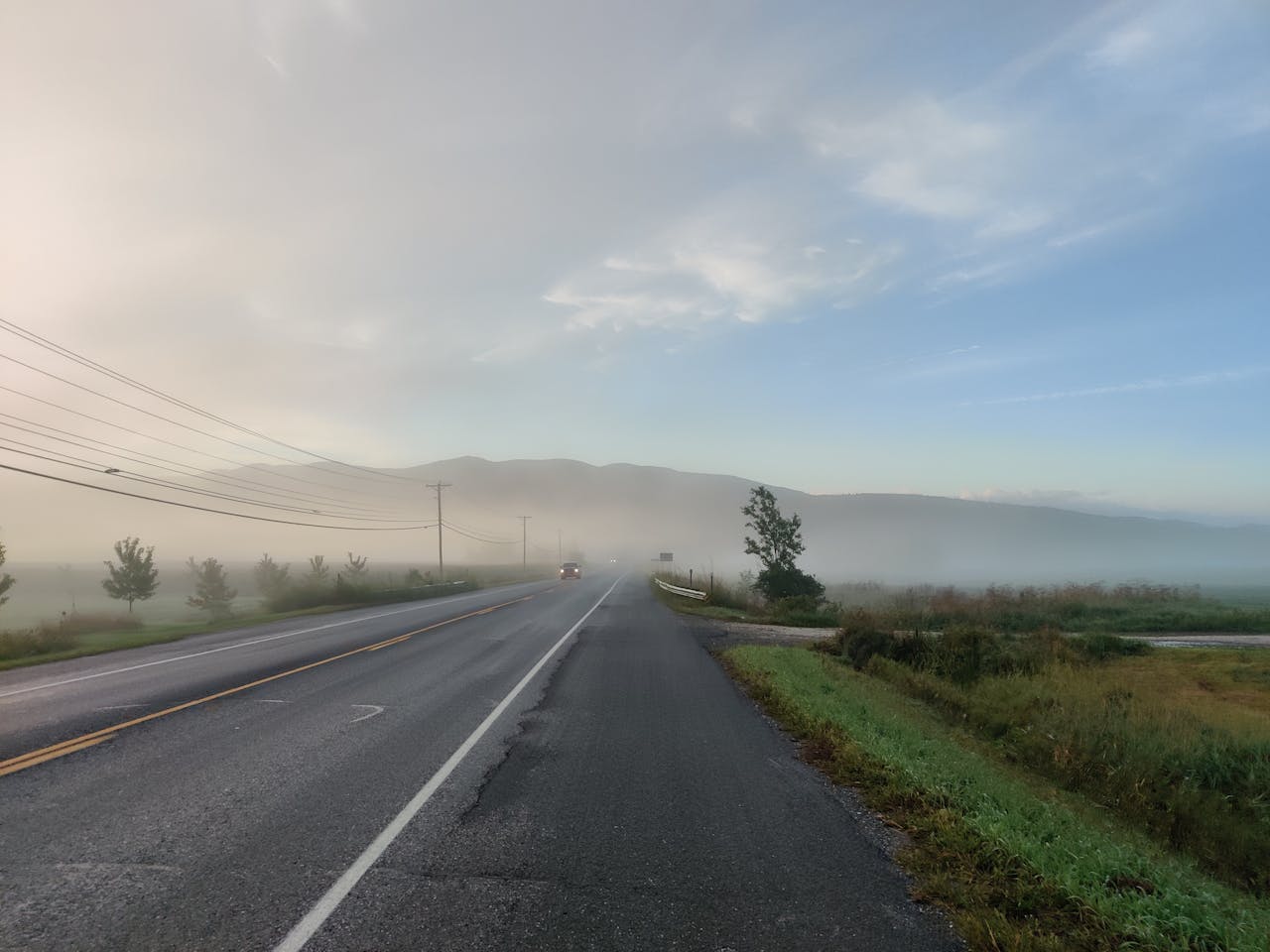
Vermont banned new billboards in 1968 and phased out the rest within years, replacing them with uniform wayfinding and visitor information systems. The point wasn’t nostalgia; it was safety, scenery, and a coherent statewide brand built on uncluttered views. Courts backed the policy, and the countryside looks the part to this day. Travelers notice the calm, and residents guard it as a civic asset as real as any park.
New Jersey’s No Self-Serve Gas
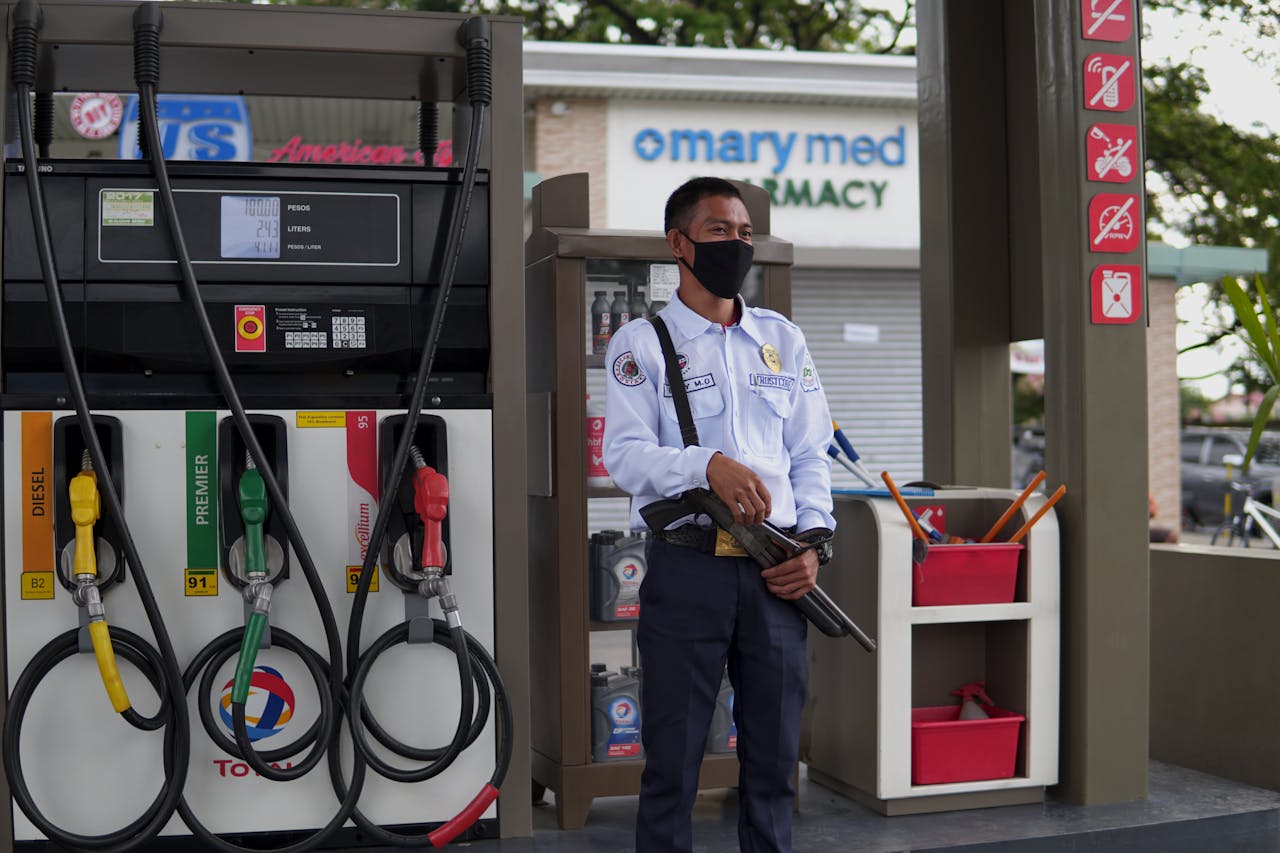
New Jersey prohibits customers from pumping their own gas under the Retail Gasoline Dispensing Safety Act and its findings. Lawmakers argue the ban promotes safety and convenience without harming competition, and repeal attempts keep stalling. After Oregon’s shift to mixed service, New Jersey stands alone, and residents largely treat it as a feature, not a bug. Attendants remain part of the state’s driving ritual.
Massachusetts’ Happy-Hour Prohibition
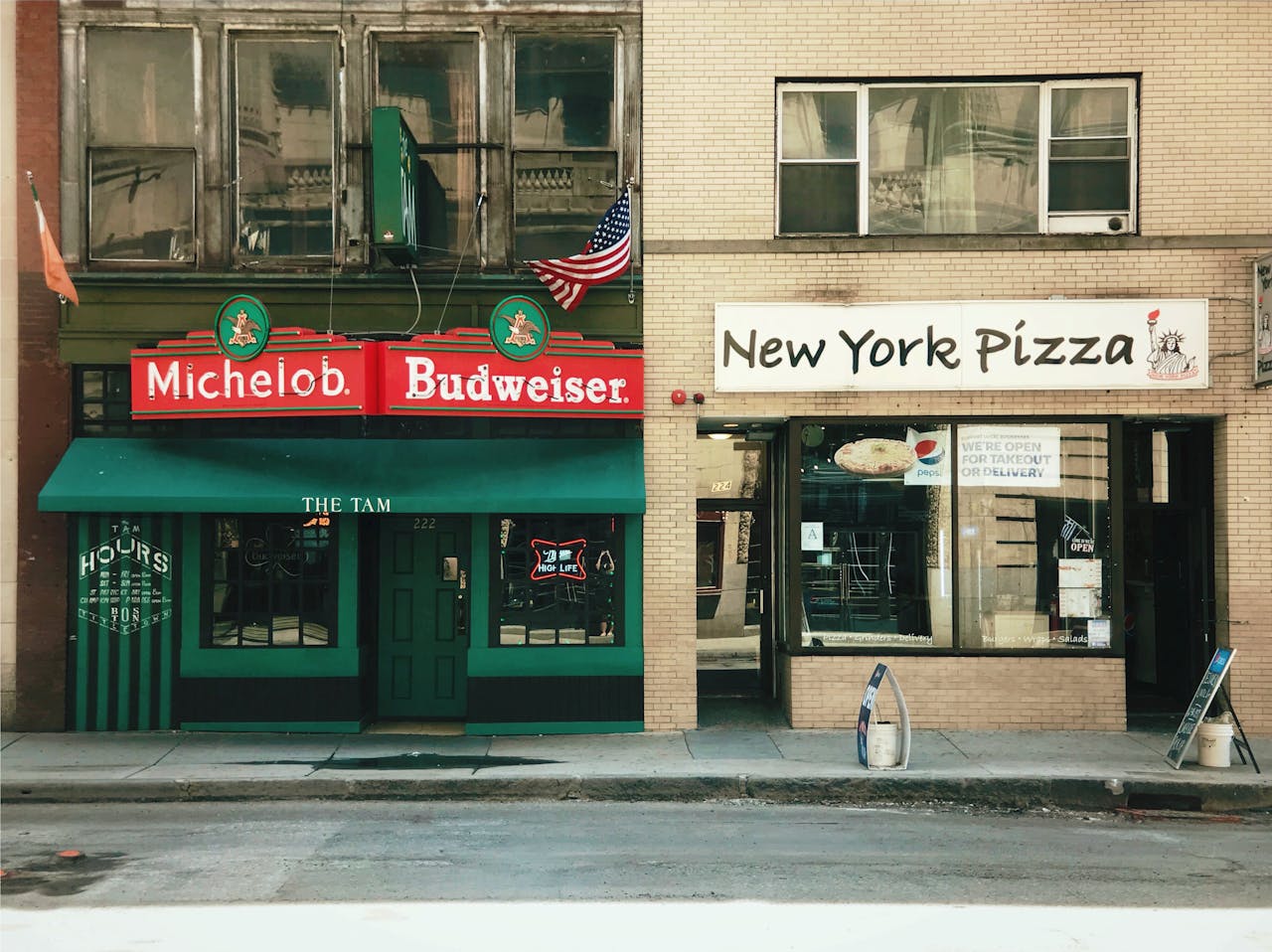
Massachusetts regulators bar classic happy-hour tactics: no free drinks, time-limited deep discounts, or multiple drinks at once. The rule dates to the 1980s and ties directly to safety concerns around impaired driving. Bars adapted with food specials and events, while the regulation holds steady in the code. It’s less a quirk than a philosophical stand on alcohol marketing and public risk.
Maine’s Billboard Ban
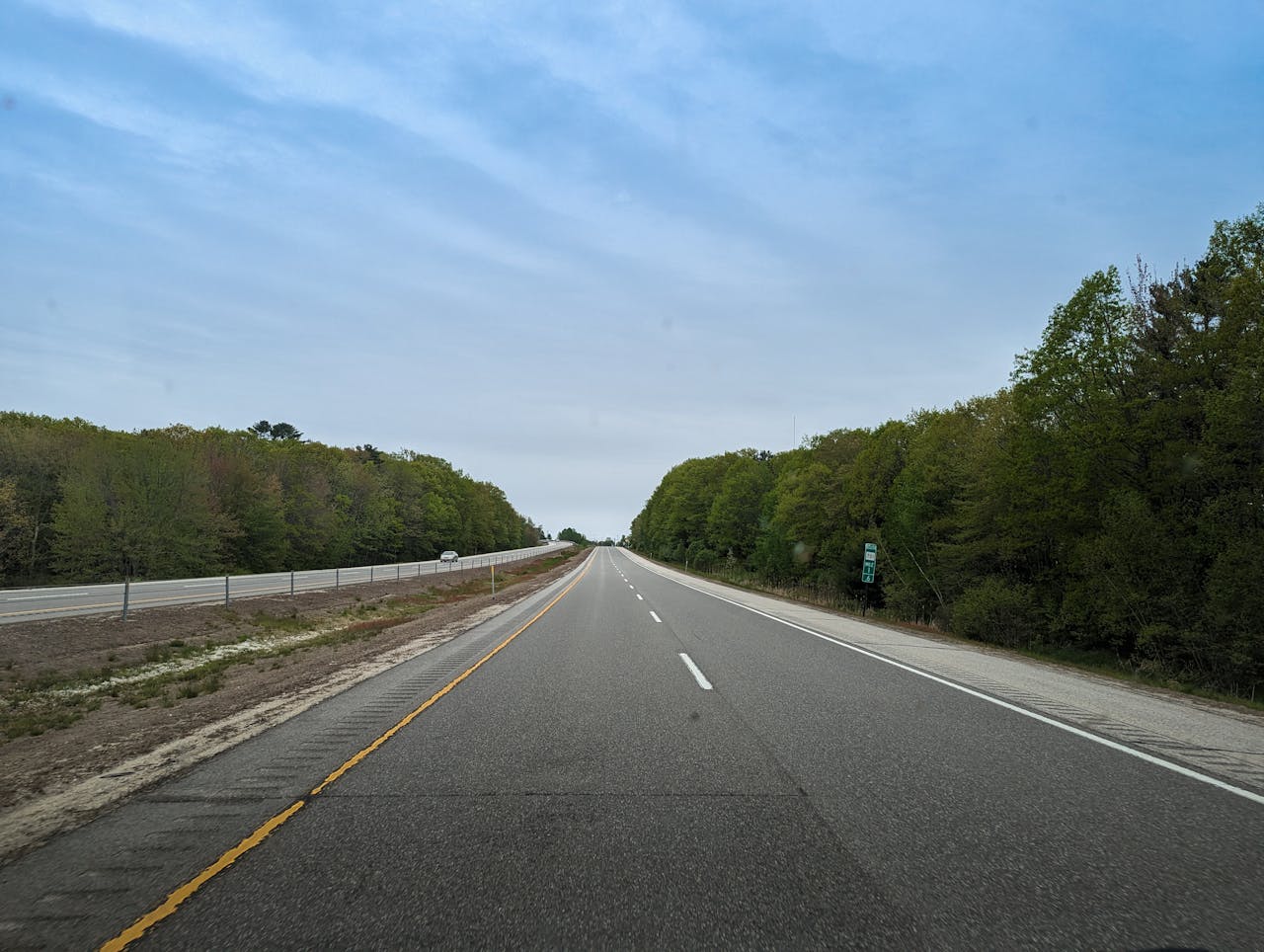
Maine followed suit, passing a 1977 law that took effect in 1978 and effectively removed off-premise highway billboards. The statute still frames the landscape, funneling drivers to standardized signs and visitor centers instead of towering ads. It’s policy with staying power: safer roads, cleaner horizons, and a coastal brand that sells itself without giant plywood reminders. The history lives in titles and sections, not just roadside lore.
Alaska Says Don’t Feed Bears
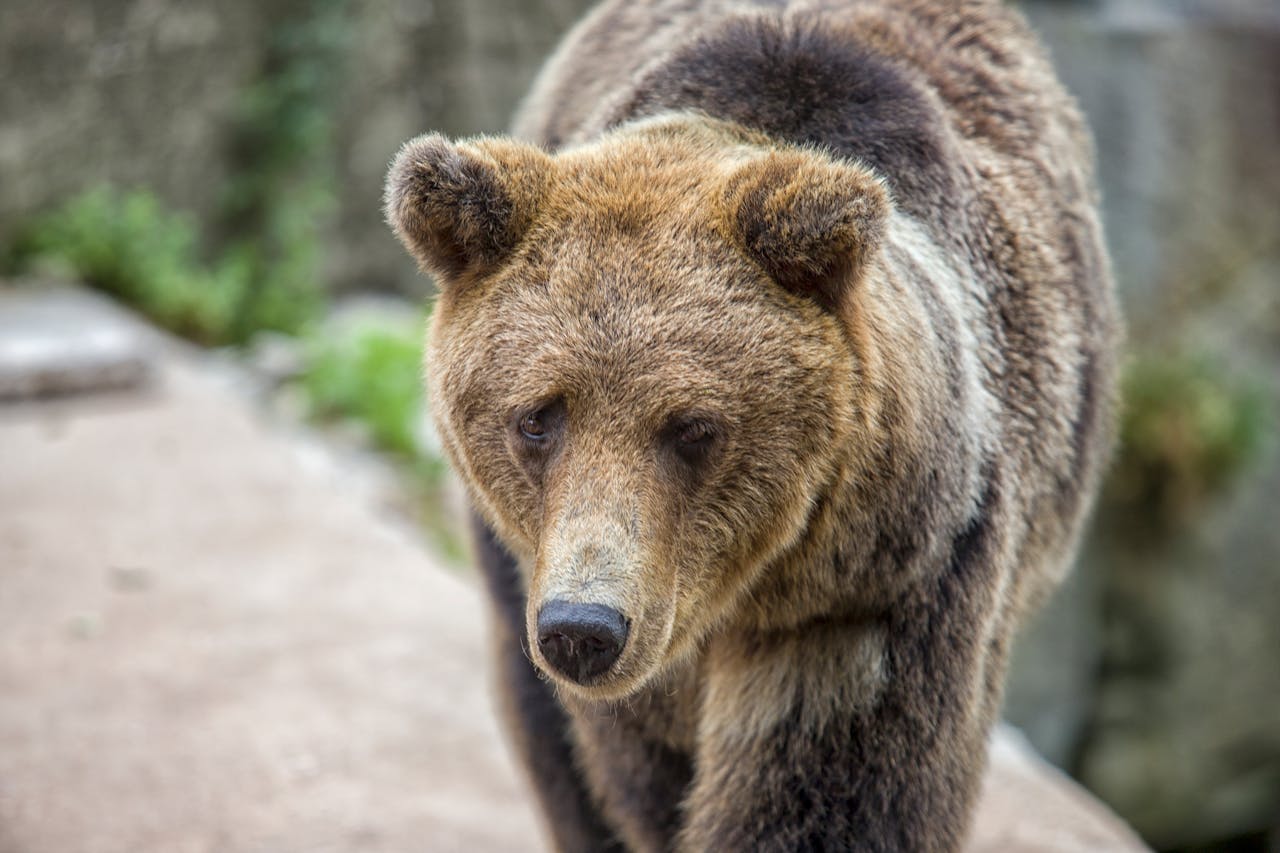
Alaska makes it illegal to intentionally or negligently feed big-game wildlife or leave attractants like trash that draw them in. The rationale is simple: food-conditioned animals become dangerous, and people get hurt. The regulation is cited on public notices and local fines, and it connects cleanly to broader rules on taking game in defense of life or property. Prevention comes first.
Oregon’s Roadkill Salvage Permits
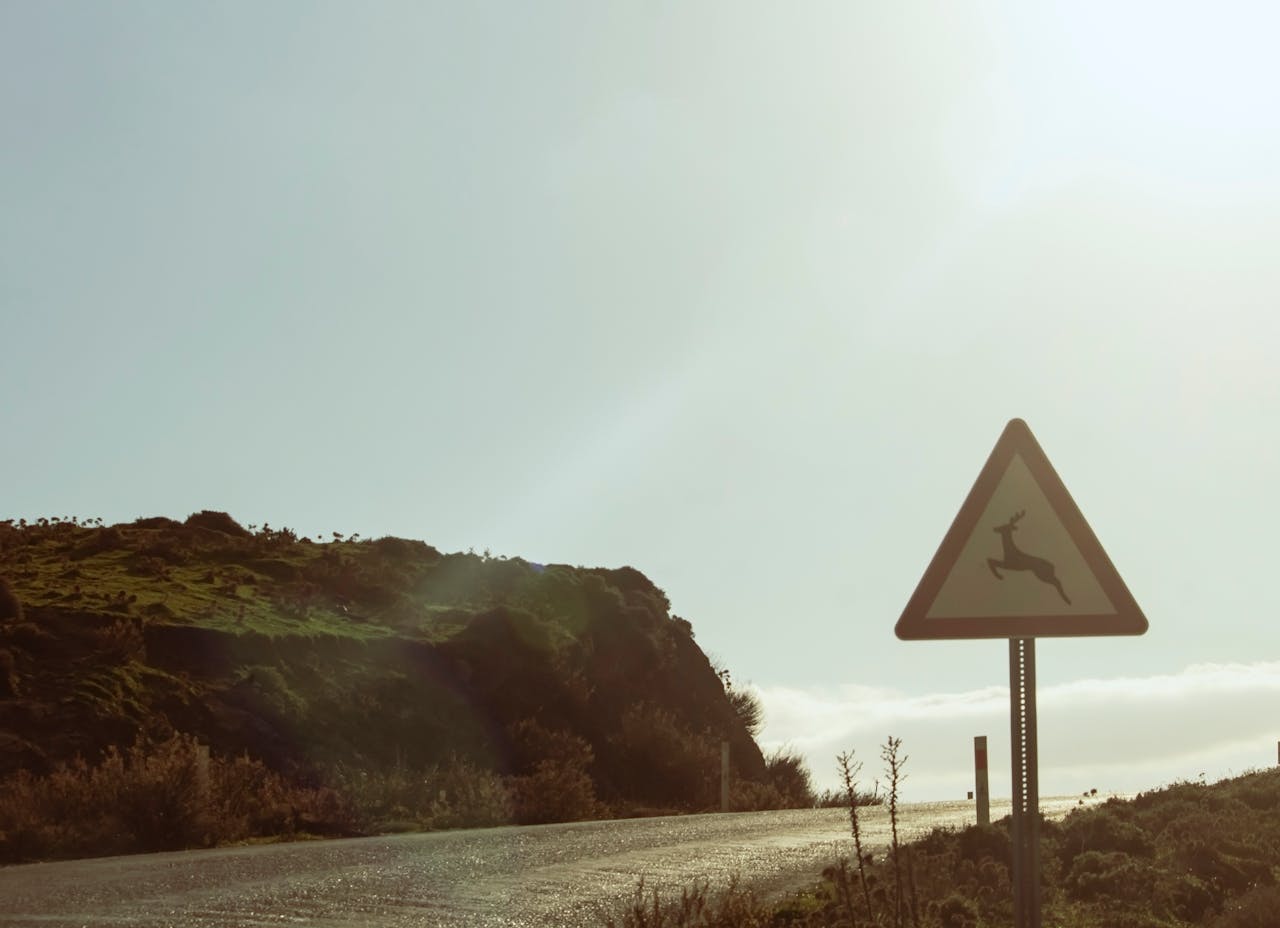
Oregon lets people legally salvage deer and elk struck by vehicles, with a free permit due within 24 hours and required surrender of head and antlers within days. The policy is pragmatic, cuts waste, and builds data on collisions. It’s also tightly bounded: no intentional hits, no other species, and clear reporting. Guidance is plain-spoken and easily found by residents.
Louisiana’s Sealed Daiquiris In Cars
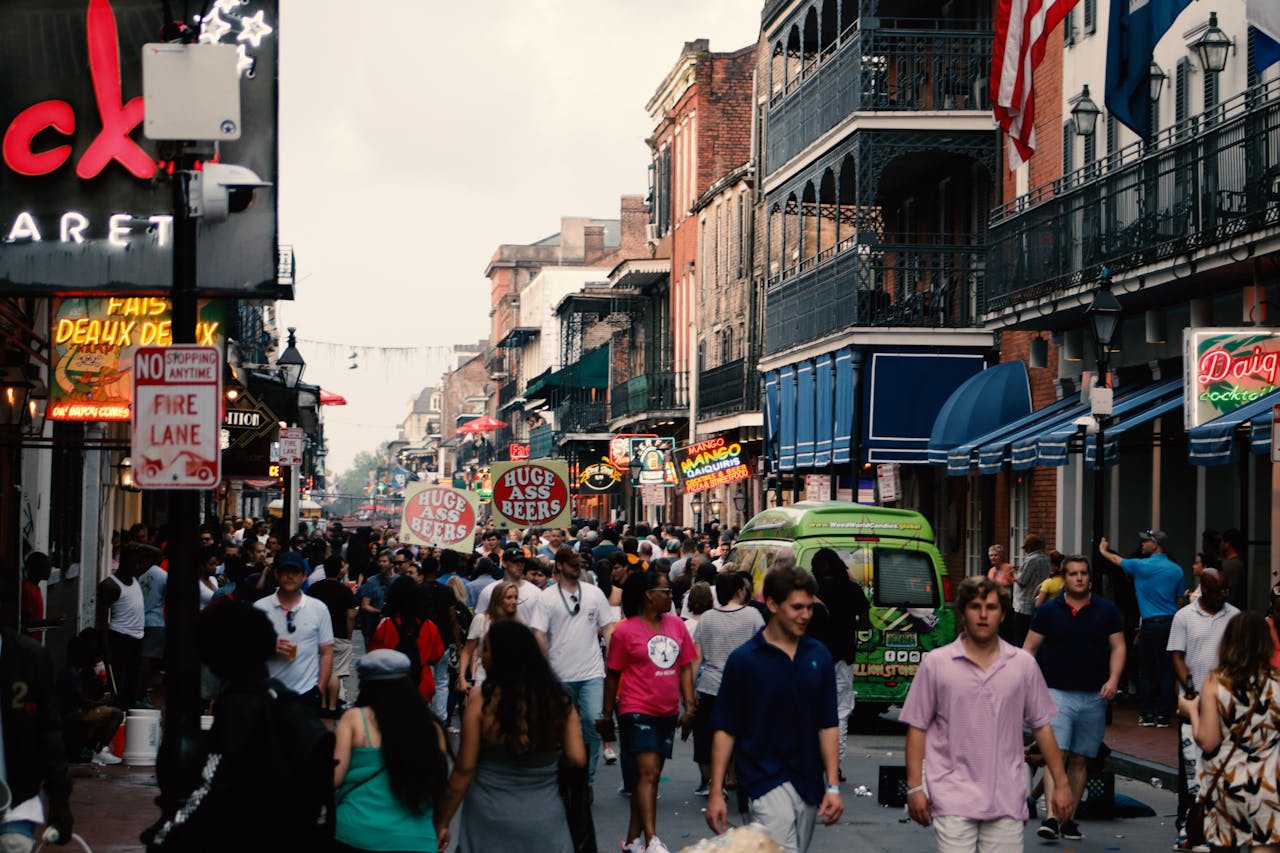
Louisiana’s open-container statute carves out a famous exception for frozen cocktails. If the lid is intact and no straw is inserted, that daiquiri isn’t an open container under state law. Break the seal or pop in the straw and it’s a violation. Culture meets code here, and the rule threads a needle that locals understand down to the tape over the lid.


